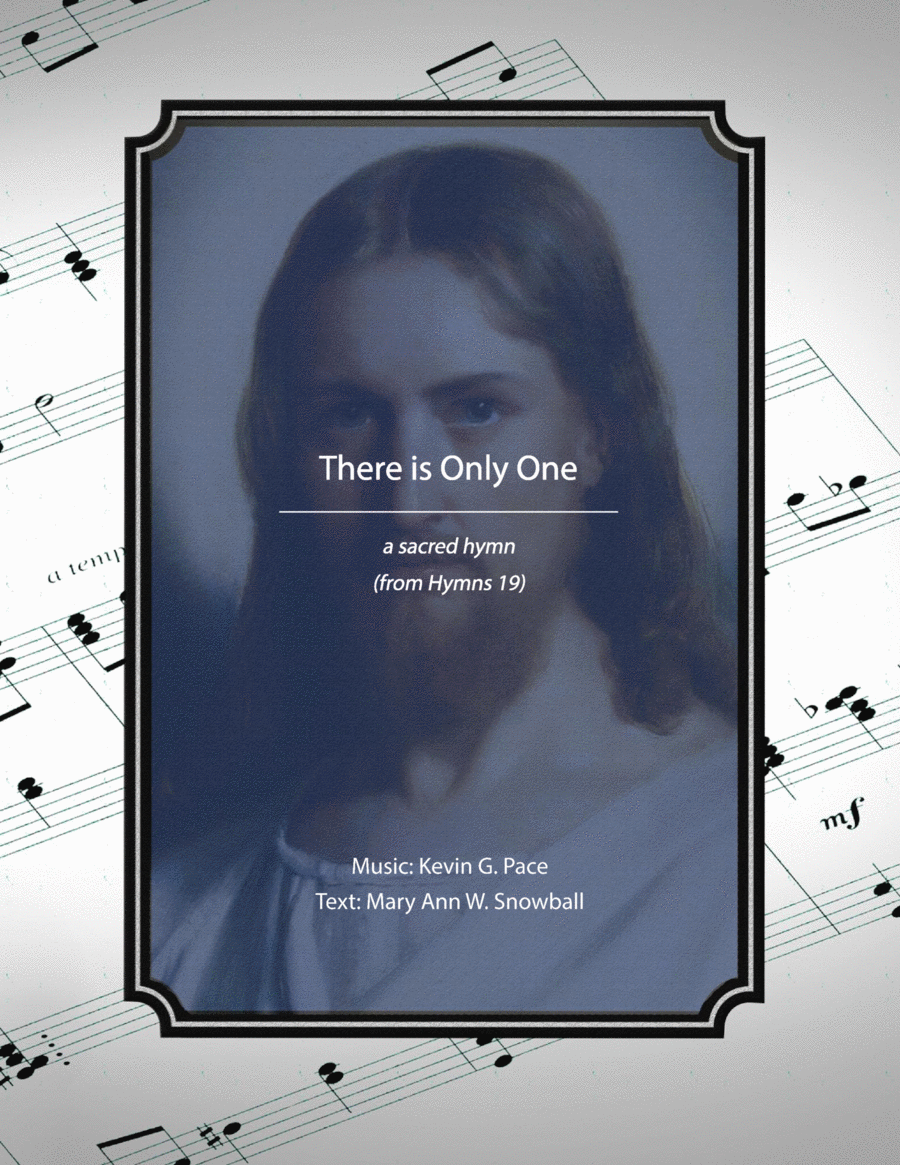Choral Choir (SATB) - Level 4 - Digital Download SKU: A0.1102947 Composed by Kevin G. Pace (ASCAP), Mary Ann W. Snowball. Christian,Praise & Worship,Religious,Sacred,Spiritual. Octavo. 3 pages. Kevin G. Pace #706274. Published by Kevin G. Pace (A0.1102947). A beautiful, sacred hymn with music by Kevin G. Pace and text by Mary Ann W. Snowball. Text: When life seems unsure, with no lasting cure, Questions come about turning faith to doubt. When you feel alone, and no care is shown, When it’s hard to stand, take God’s steady hand. Take his hand! Take his hand when life’s not what was planned. Take his hand; He’ll lend his strength—He can. Just take his hand. Oh, take his hand. When in dark despair, when no one is there, When belief is small and all trust is stalled, When cast down with shame, hear his holy Name. When life’s filled with fear, know He’s very near. He is near! He is near and to Him you are dear. He is near and He will dry your tears. Oh, He is near. Know He is near. When sore trials come, when shade covers sun, When all hope is past and belief won’t last, When God’s arm is bare and His voice seems rare, There is only One. Know that He will come. He will come! He will come when senses feel so numb. He will come when blessings seem undone. Oh, He will come. Know He will come. Take his hand! When it’s hard to stand, oh take his hand, for He is near! When life’s filled with fear, know He is near, and He will come! There is only One. Oh, He will come. There is only One and He will come.
